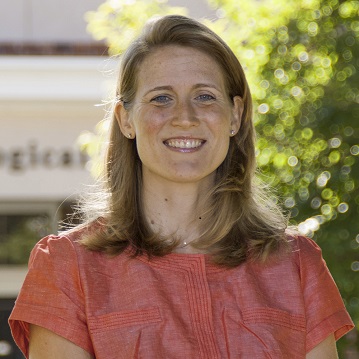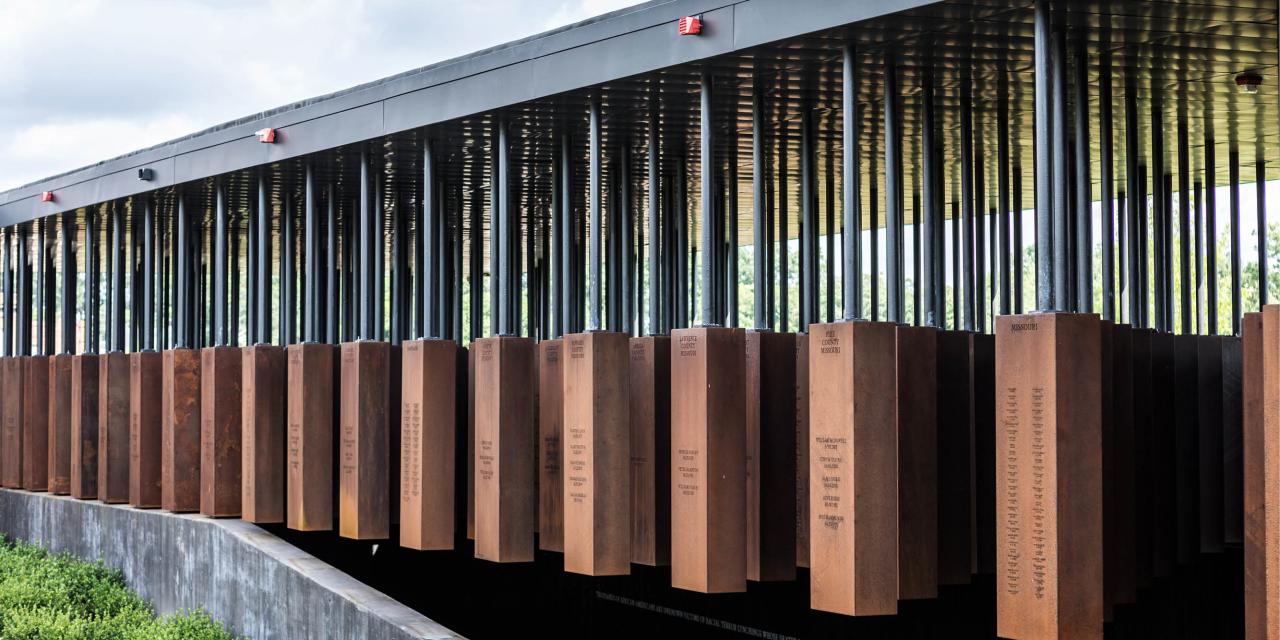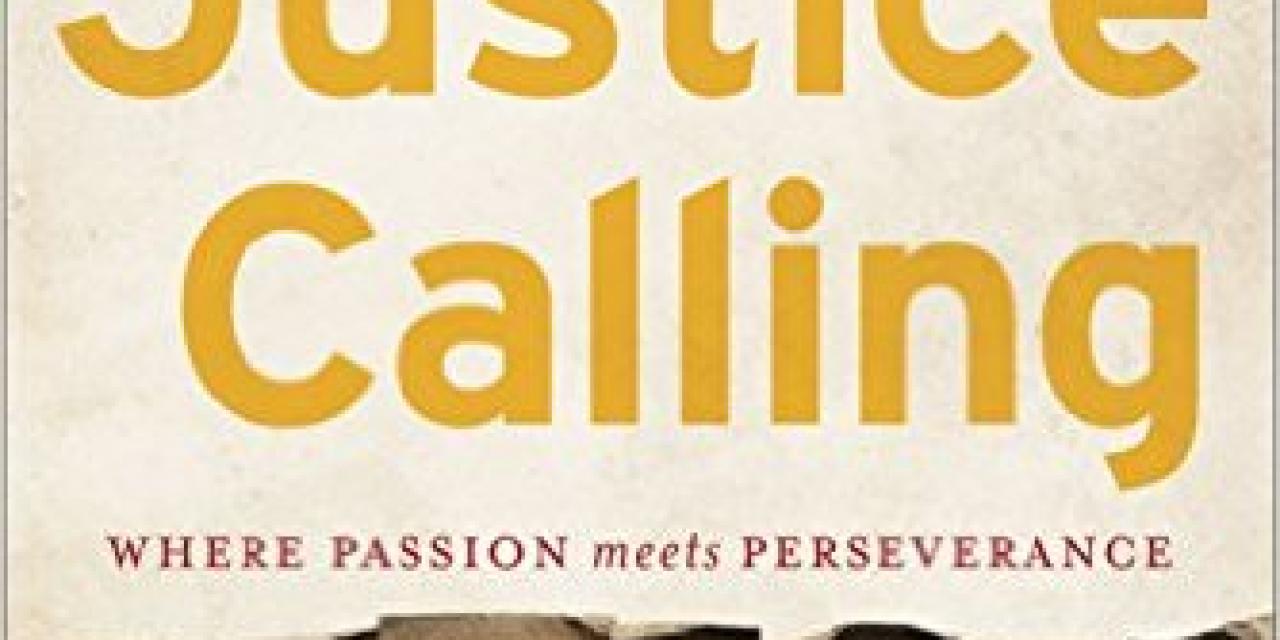 |
 |
| Kristen Deede Johnson teaches theology and Christian formation at Western Theological Seminary in Holland, Michigan. | Bethany Hanke Hoang is founding director of the International Justice Mission Institute for Biblical Justice. |
They co-wrote The Justice Calling: Where Passion Meets Perseverance. In this edited conversation, they talk about how church worship planners can start including justice in worship.
What prevents worshipers from seeing justice as central to God’s heart and character?
KDJ: The English language prevents us from seeing how closely justice and righteousness are connected. Also, American church history has stereotypically separated personal faith and justice.
BHH: It’s very easy to be distracted without realizing how distracted we are. This is a challenge for every follower of Jesus and every pastor who’s trying to shepherd. We don’t even realize how small our hearts have become because of where we put our attention.
What’s a good first step toward including justice in worship?
BHH: The most important first step is to commit as a church to read scripture with an eye to God’s heart for justice. Put the stories of real people in front of each other as you study scripture. When you hear about an eight-year-old girl taken from her family, you can feel a human connection. Even young children can relate to the idea of something not being fair. Human trafficking is not a mass of nameless faceless people. Individuals ensnared in slavery are created by the same God who created each of us, the same God who longs for all of his children to live free of violence and injustice.
Many churches open their hearts after hearing an International Justice Mission (IJM) speaker. He or she shares a current-day casework story about a real person’s actual life and teaches from scripture, encouraging worshipers to see that God feels anger, pain and compassion about that suffering person, and that God calls us to join him in bringing justice.
How important is it for the church staff to care about justice?
KDJ: If not everyone on staff is unified on how much God cares about justice, then try a process called “dwelling in the Word.” Choose one passage and consistently, as a staff, read and discuss it together. You might choose Psalm 10 or portions of Isaiah 1 or 58. Reading and reflecting together on the same passage over time will bring out the idea that, yes, sin really upsets God and this is as true of injustice as it is of personal immorality. When you look at God’s wrath in the Bible, it’s usually connected to God’s heart for justice and his care for the vulnerable. Invite an ongoing reflection among staff, because if the staff doesn’t grasp the importance of justice to God and scripture, then justice won’t become part of church worship and life together.
Which justice-related worship songs can you recommend?
BHH: My favorite song right now is Sandra McCracken’s song, “Justice Will Roll Down.” It has beautiful imagery from Amos. The band All Sons and Daughters writes lots of songs about who God is and his passion for justice, such as “All the Poor and Powerless.” A contemporary worship song by Christy Nockels and the Passion worship band “Sing Along” asks God to draw us up into the song he sings over this broken world.
Where can worship planners find visuals to convey God’s heart for justice?
BHH: IJM has found that videos and other visuals have been very important in helping Christians and churches become deeply passionate about who God is and what God cares about. If you contact the IJM church mobilization team, you can ask them for photos and data charts about actual people and situations. Two other good sources for visuals are Fuller Theological Seminary’s Brehm Center and Ogilvie Institute for Preaching.
Besides your book, what other books would you recommend to help congregations connect worship and justice?
BHH: Read The Just Church: Becoming a Risk-Taking, Justice-Seeking, Disciple-Making Congregation by Jim Martin, IJM’s vice president of spiritual formation, Mark Labberton’s book The Dangerous Act of Worship: Living God’s Call to Justice and You Are What You Love: The Spiritual Power of Habit by James K. A. Smith.
KDJ: Jamie Smith writes, “The things we undertake in the rest of our lives need to be ‘tethered to and nourished by the practices of Christian worship.'” His work is very helpful, as it shows how our culture shapes us to focus our worship on what’s comfortable to us or what we like best.
LEARN MORE
- Observe Freedom Sunday.
- Use the Community Justice Assessment Tool to help your church find local justice ministry opportunities.
- Download a free handbook for pastors to lead churches to justice.
- For congregational songs and sung psalms about justice, check out Hymnary and Wild Goose Publications.

